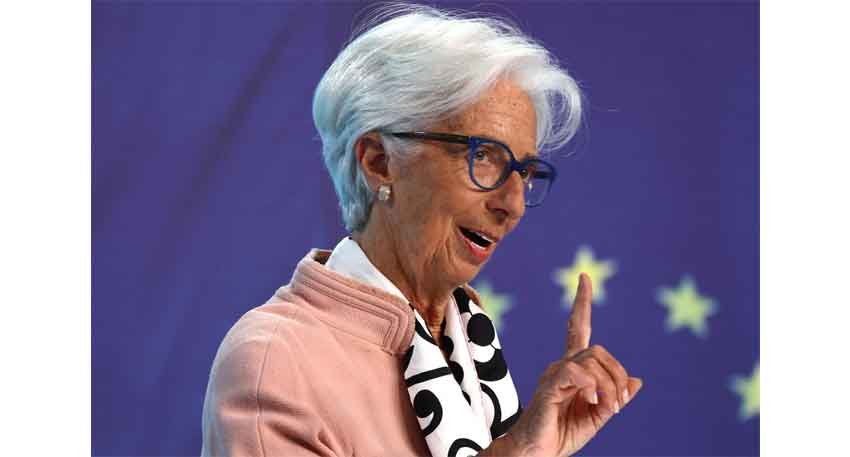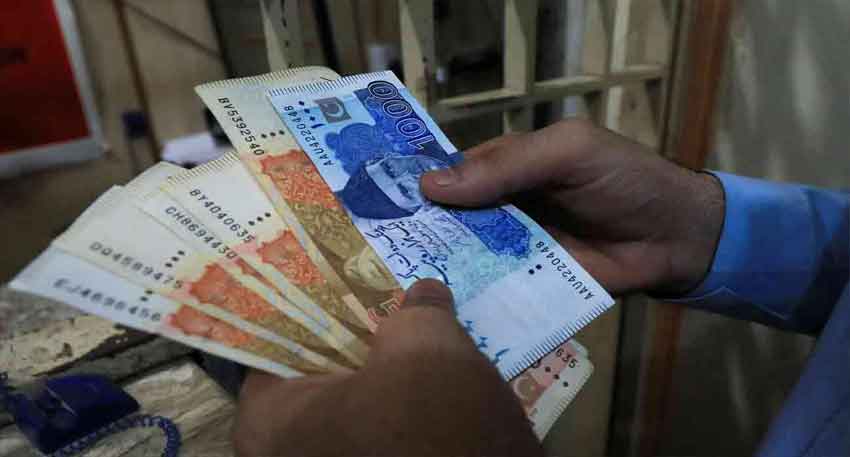
Lagarde emphasized that a more unified and resilient eurozone could reap huge economic and geopolitical benefits, positioning the euro as a true competitor to the dollar on the global stage.
In recent months, global investors have started pulling back from dollar-based assets, spooked by unpredictable US economic policies. However, instead of shifting to the euro, many are turning to gold, citing a lack of reliable alternatives.
The message is clear: the world is looking for options — and the euro could be it, but only if European leaders act decisively to build trust, security, and long-term stability in their common currency framework.
Also read: Gold prices fall by thousands of rupees: What’s behind the sudden drop?
In fact, the euro s global role has been stagnant for decades now since the European Union s financial institutions remain unfinished and governments have shown little appetite to embark on more integration, Reuters reported.
"The ongoing changes create the opening for a global euro moment, " Lagarde said at a lecture in Berlin. "The euro will not gain influence by default - it will have to earn it."
For this, Europe needs a deeper, more liquid capital market, must bolster its legal foundations and needs to underpin its commitment to open trade with security capabilities, Lagarde argued.
The dollar s role has been on the decline for years and now makes up 58% of international reserves, the lowest in decades, but still well above the euro s 20% share.
Any enhanced role for the euro must coincide with greater military strength that can back up partnerships, Lagarde said.
"This is because investors – and especially official investors – also seek geopolitical assurance in another form: they invest in the assets of regions that are reliable security partners and can honour alliances with hard power," Lagarde said at a Hertie School lecture.
Europe should also make the euro the currency of choice for businesses invoicing international trade, she said. This could be supported by forging new trade agreements, enhanced cross-border payments and with liquidity agreements with the ECB.
Reforming the domestic economy may be more pressing, however, Lagarde said. The euro area capital market is still fragmented, inefficient and lacks a truly liquid, widely available safe asset investors could flock to, she said.
"Economic logic tells us that public goods need to be jointly financed. And this joint financing could provide the basis for Europe to gradually increase its supply of safe assets."
Joint borrowing has been a taboo for some key euro zone members, particularly Germany, which fears that its own taxpayers could end up having to pay for the fiscal irresponsibility of others.
If Europe succeeded, the benefits would be large, Lagarde said. The investment inflow would allow domestic players to borrow at lower cost, insulate the bloc from exchange rate movements and protect it against international sanctions.


